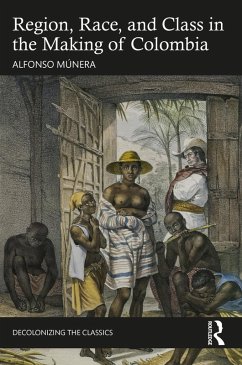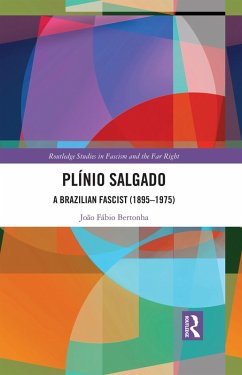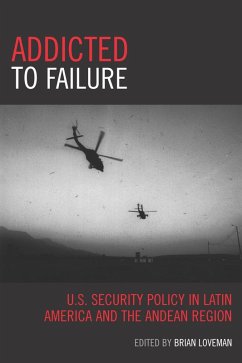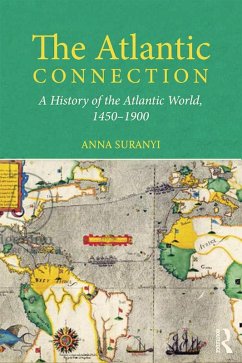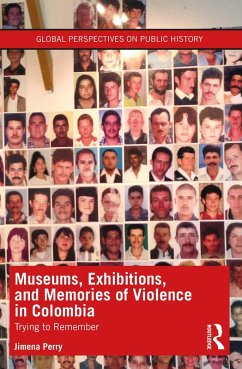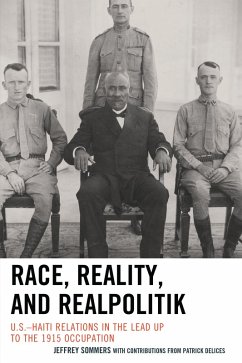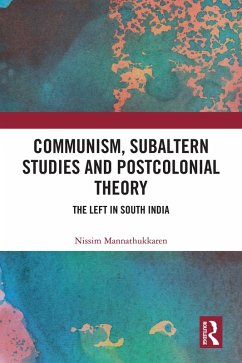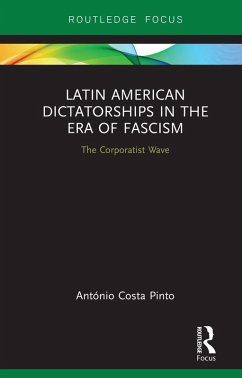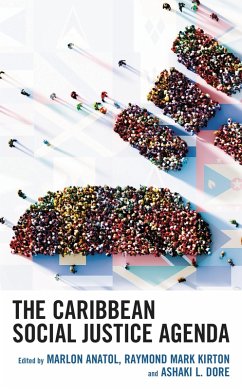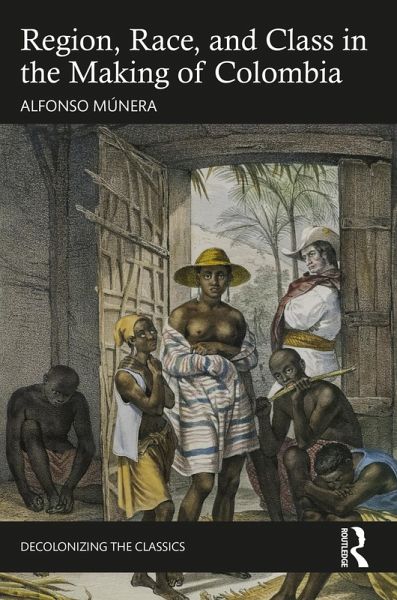
Region, Race, and Class in the Making of Colombia (eBook, PDF)
Versandkostenfrei!
Sofort per Download lieferbar
39,95 €
inkl. MwSt.
Weitere Ausgaben:

PAYBACK Punkte
20 °P sammeln!
This pioneering translation of Alfonso Múnera's seminal work El fracaso de la nación presents a new interpretation and innovative perspective on canonical Colombian history and the failure of the Colombian nation to English-speaking readers.Mainstream historiography depicts Colombian independence as the achievement of European-descendent elites only, downplaying the role and importance of regional subaltern classes. Múnera's well-researched account challenges theoretical, political, and cultural interventions and shows that these subaltern groups were pivotal to achieving independence from ...
This pioneering translation of Alfonso Múnera's seminal work El fracaso de la nación presents a new interpretation and innovative perspective on canonical Colombian history and the failure of the Colombian nation to English-speaking readers.
Mainstream historiography depicts Colombian independence as the achievement of European-descendent elites only, downplaying the role and importance of regional subaltern classes. Múnera's well-researched account challenges theoretical, political, and cultural interventions and shows that these subaltern groups were pivotal to achieving independence from Spain. It was their organizing and pressing for freedom from colonial domination that ultimately brought about independence in Cartagena and later to the whole country. Yet Múnera demonstrates that these differing regional elites meant that a single, coherent unity across New Granada was not possible, a point that would ultimately doom subsequent nation-building efforts.
Offering a truly decolonizing perspective, one that has remained hidden from official accounts of Colombian independence, scholars and researchers in political science, history, sociology, and anthropology will welcome the opportunity to read this work for the first time in translation.
Mainstream historiography depicts Colombian independence as the achievement of European-descendent elites only, downplaying the role and importance of regional subaltern classes. Múnera's well-researched account challenges theoretical, political, and cultural interventions and shows that these subaltern groups were pivotal to achieving independence from Spain. It was their organizing and pressing for freedom from colonial domination that ultimately brought about independence in Cartagena and later to the whole country. Yet Múnera demonstrates that these differing regional elites meant that a single, coherent unity across New Granada was not possible, a point that would ultimately doom subsequent nation-building efforts.
Offering a truly decolonizing perspective, one that has remained hidden from official accounts of Colombian independence, scholars and researchers in political science, history, sociology, and anthropology will welcome the opportunity to read this work for the first time in translation.
Dieser Download kann aus rechtlichen Gründen nur mit Rechnungsadresse in A, B, BG, CY, CZ, D, DK, EW, E, FIN, F, GR, HR, H, IRL, I, LT, L, LR, M, NL, PL, P, R, S, SLO, SK ausgeliefert werden.




